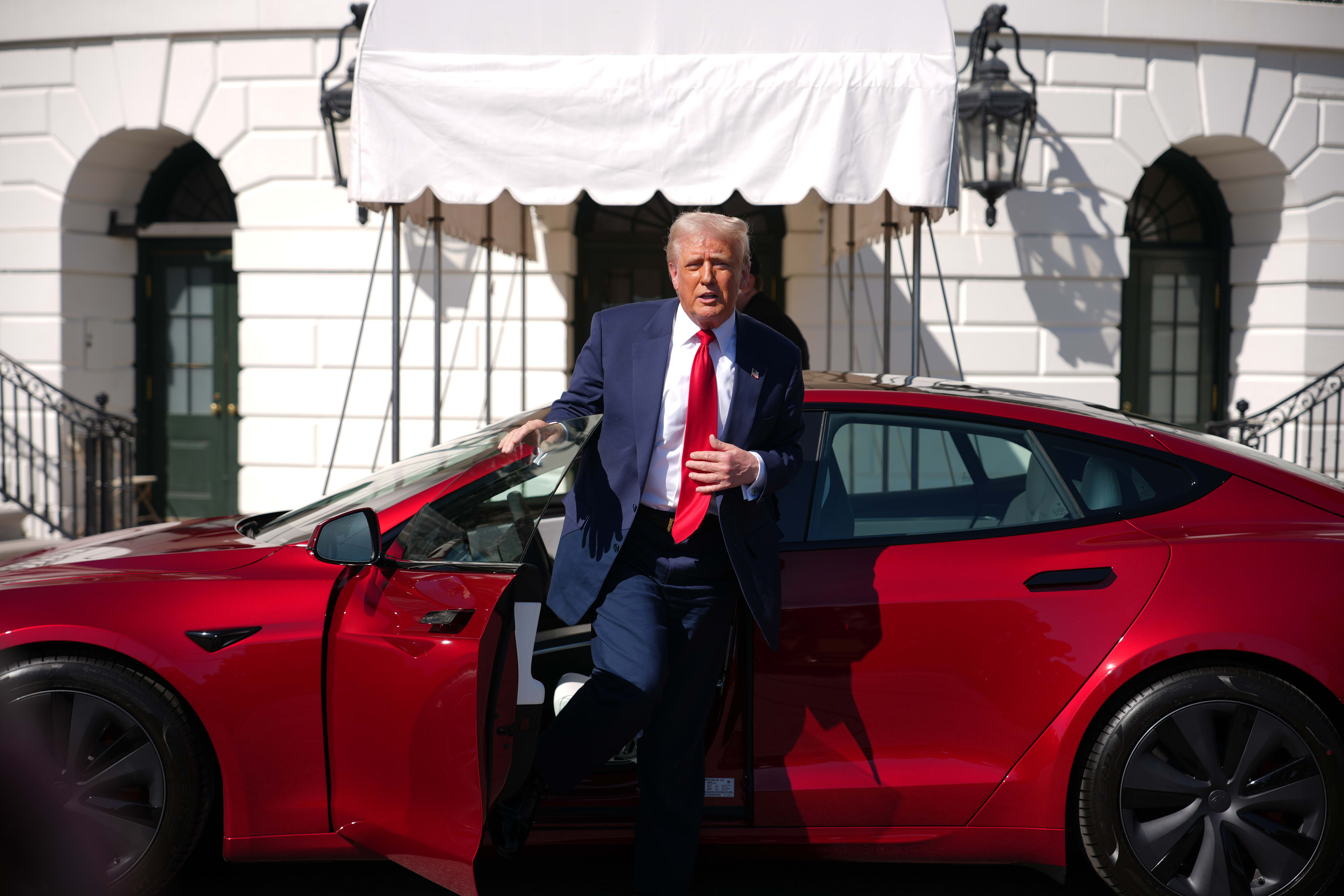The fate of the U.S.’s popular $7,500 federal EV tax credit hangs in the balance
House Speaker Mike Johnson has told Bloomberg, “I think there is a better chance we kill it than save it,” when describing how Congress plans to handle the future of the $7,500 federal tax credit for qualifying new electric vehicle (EV) purchases. “But we’ll see how it comes out,” he added. While the credit hasn’t expired, debate surrounding its future has been ongoing, with talks of eliminating the government subsidy accelerating since President Trump’s re-election and a need to pay for his significant tax cut package.
There isn’t a clear indication that Congress is also considering eliminating tax credits of up to $4,000 and $1,000 for qualifying used EV purchases and home EV charging infrastructure installation, respectively. Congress is expected to decide on the $7,500 EV credit by the next budget resolution, which was supposed to be complete by April 15, but Congress often doesn’t meet this deadline. The government is operating under a continuing resolution, extending funding through September 30, 2025.
The Congressional Budget Office made a 2022 estimate that the $7,500 federal EV tax incentive would cost $12.5 billion over ten years, but an analysis by consulting firm Capital Alpha Partners in March noted that its cost could exceed $200 billion. Former President Biden signed the Inflation Reduction Act in 2022, which included extending the federal EV subsidy through 2032. In 2024, the federal government is estimated to have spent about $2 billion in advance point-of-sale EV tax credit payments, according to Electrek. Tesla’s CEO, Elon Musk, said in December that he wants the government to eliminate all tax breaks for EV buyers, not just the $7,500 incentive, according to Politico. In July, Musk also posted on X, formerly Twitter: “Take away the subsidies. It will only help Tesla.” Other countries like Germany and China have recently diminished EV incentives in recent years, as noted by InsideEVs.

Congress has other EV matters on its mind
On May 1, the House of Representatives voted and passed resolutions to block California’s federal waivers allowing the state to enforce strict vehicle emission standards, including California’s 2035 ban on sales of new gas-powered passenger vehicles. While next steps with the resolutions rest with the Senate, the Senate parliamentarian and the Government Accountability Office have ruled that Congress doesn’t have the authority to revoke California’s waiver. The Senate parliamentarian and the Government Accountability Office don’t legally bind the Senate, but instances of the Senate ignoring the parliamentarian’s advice are rare and can generate controversy.

Final thoughts
Complications of the U.S. government cutting the $7,500 EV credit are compounded by the segment’s growth. According to Cox Automotive, U.S. drivers bought almost 300,000 new EVs during Q1, an 11.4% year-over-year increase, and around 7.5% of new car purchases in the U.S. were EVs, a 7% increase from a year earlier. Subsidies like the $7,500 credit are naturally a significant reason consumers feel motivated to make an EV purchase, so eliminating the incentive will likely cause a major disruption within the automotive market, which is already occurring with President Trump’s tariffs on vehicle and parts imports.



